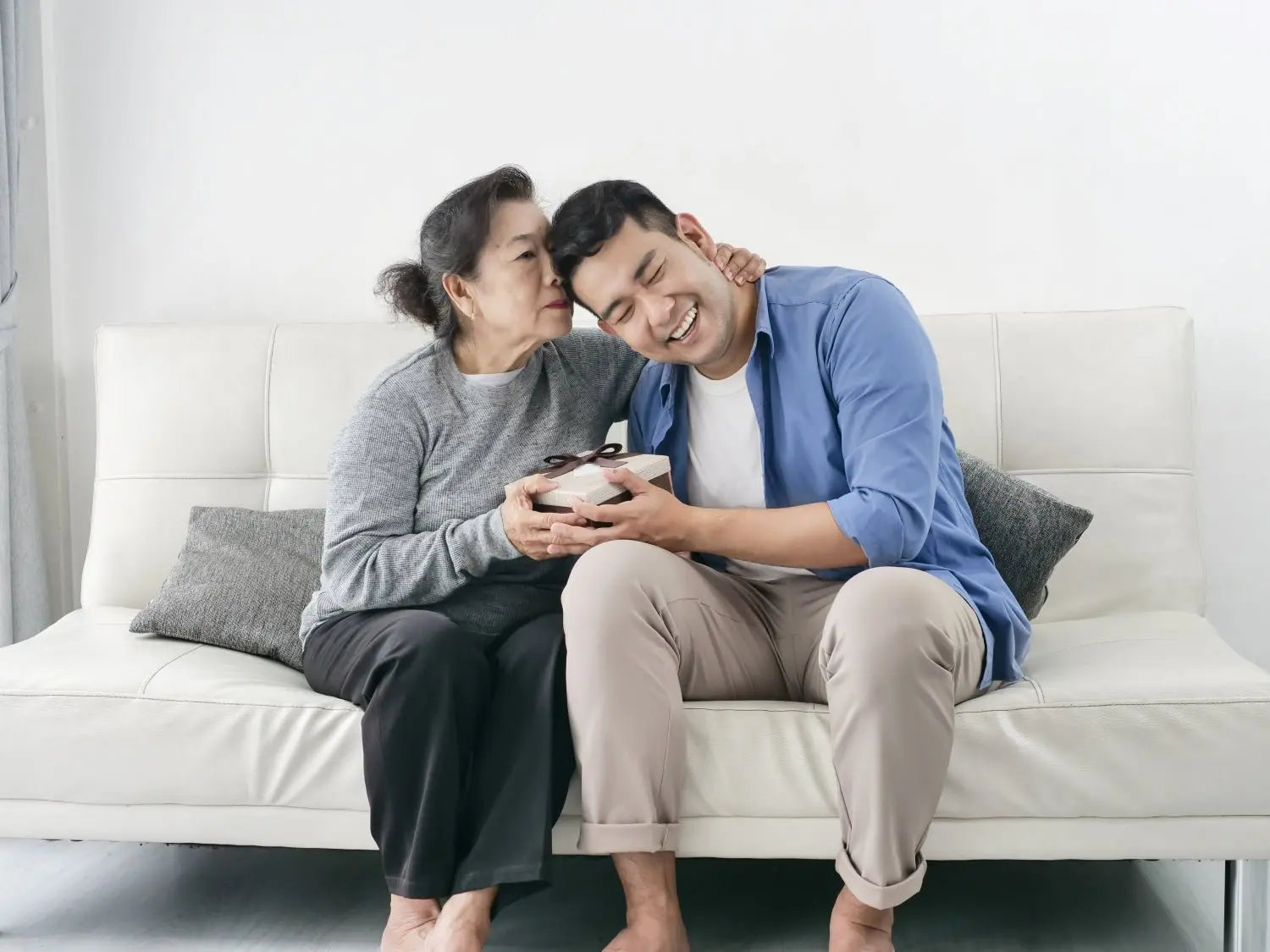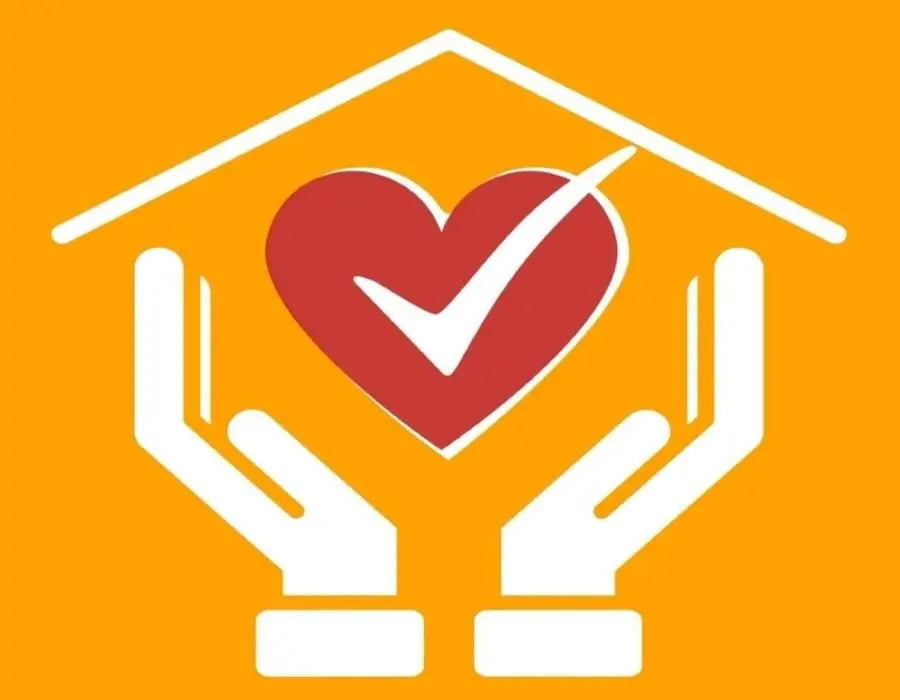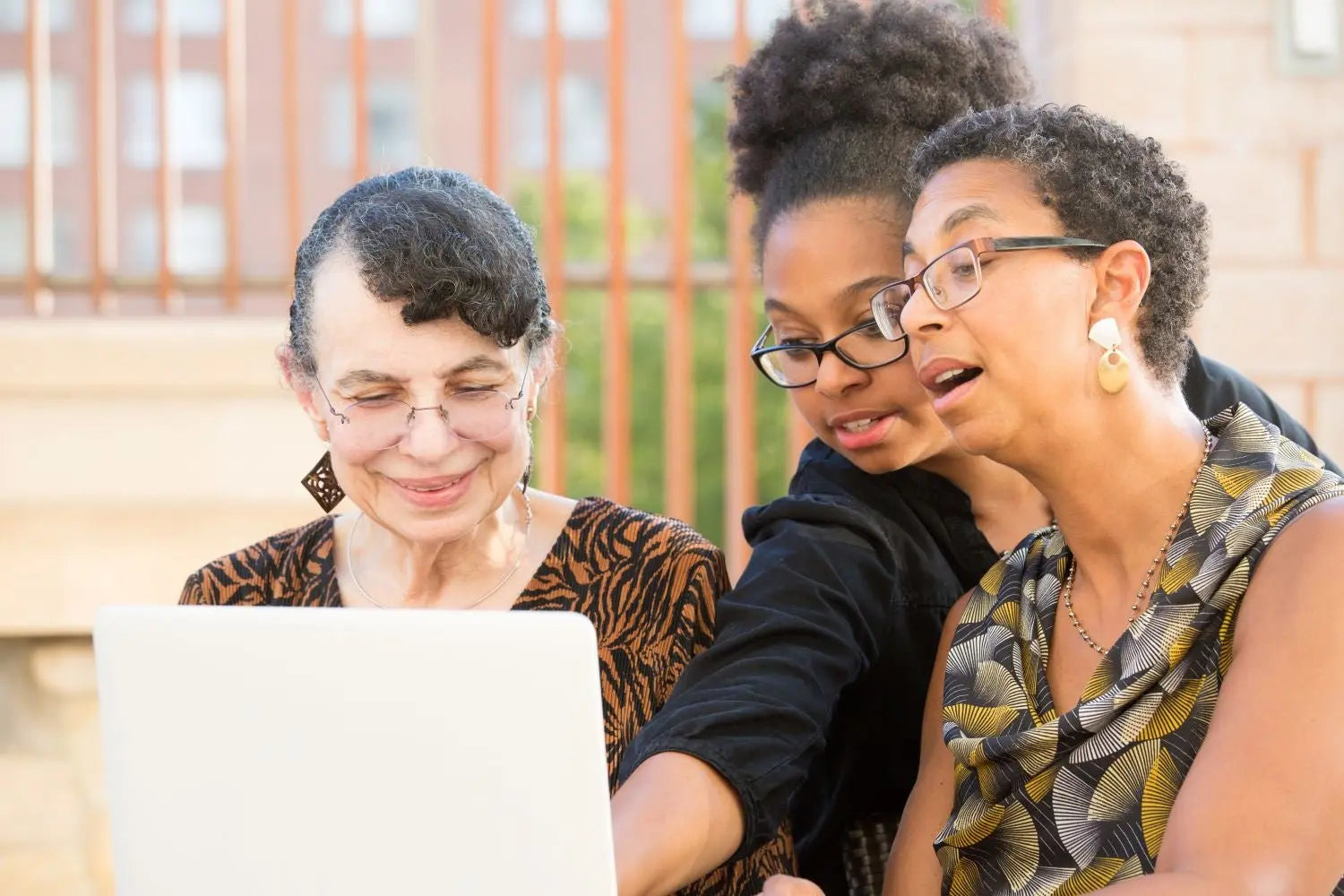Caregivers Guide to Dementia and Alzheimer's
Caring for a loved one with Dementia or Alzheimer's is one of the most grueling tasks a caregiver can face. It can be challenging to manage the day-to-day needs of aging parents or relatives who can no longer care for themselves. But with patience and determination, you can provide them with the love and support they need during this difficult time.
This blog will discuss what Dementia and Alzheimer's are, and how to care for a parent with dementia or Alzheimer's. We’ll also discuss some tips on how to help a parent with Dementia stay safe in their own home. Lastly, we'll talk about home monitoring solutions that can make caring for someone who has been diagnosed with Dementia or Alzheimer's a little less stressful for everyone.
Dementia versus Alzheimer's - What is the Difference?
Dementia is an umbrella term for the set of symptoms that affect thinking, memory, and daily functioning. Alzheimer's disease is the most common cause of dementia - in older adults. But dementia can also occur in younger people too. In fact, about one-quarter of all cases occur before age 65.What is Alzheimer’s?
People with Alzheimer's have abnormal clumps (called plaques) and tangled bundles (called tangles) of a protein called tau in brain cells. The clumps and tangles disrupt the brain's ability to communicate, resulting in memory loss.
Alzheimer's Disease is not a normal part of aging. Alzheimer's Disease also isn't just about forgetting recent events or where you put your keys. It causes a slow decline in memory, thinking, and reasoning skills. While there may be some age-related changes in the brain, they are usually not as severe as those seen in Alzheimer's Disease.
What is Dementia?
Dementia is a general term used to describe a group of symptoms that affect a person's thinking, memory, and ability to perform everyday tasks. Alzheimer's Disease is the most common type of Dementia, affecting an estimated five million Americans.
What are the Risk Factors for Dementia?
• Age - The chances of developing Dementia increase with age. Most cases occur in people over 65 years old. In the United States, there are an estimated 50 million people aged 65 and older living with Alzheimer's disease or another type of dementia.
• Family History -The risk of developing this disease increases if a close family member also has it. However, this factor is not as significant as age or medical history when determining the overall risk for the condition.
• Race - Dementia is more common among African Americans and Hispanics than Caucasians. This increase may be due to several risk factors, such as higher rates of heart disease, high blood pressure, and diabetes in these groups. These conditions can decrease blood flow to the brain, causing vascular dementia and other types of dementia.
Dementia Early Symptoms: What are the Warning Signs?
• Memory loss - is usually one of the first symptoms in the early stage of dementia. Memory loss may include difficulty remembering recent events or conversations, forgetting important dates or appointments, and losing track of where you are or what you were doing.
Moderate to Severe Alzheimer's & Dementia Symptoms - What to Watch for as These Diseases Progress?
• Dementia with hallucinations - Some people with dementia experience hallucinations, which are perceptual disturbances that involve seeing, hearing, smelling, or feeling things that aren't there.
• Dementia with agitation - As dementia progresses, you may notice your mom or dad become agitated and restless. They may begin to pace the room, fidget with objects, or call out for no known reason.
• Incontinence - Urinary incontinence, the inability to control urination, is common in people with Alzheimer's and other forms of dementia.
• Delusions - A delusion is a false belief held despite evidence that it isn't true. For example, some dementia patients believe that their spouse has been unfaithful or stolen money from them. Delusions are common in people with dementia.
• Wandering - People with Alzheimer's and other forms of dementia may wander away from home. Your loved one may become lost, forget how to find their way back home, or not recognize their surroundings, even if they've been somewhere before. Wandering can be dangerous because the person is often unaware of the risks around them.
What are the Different Kinds of Dementia?
While Alzheimer's is the most common form of dementia, there are also several non-Alzheimer's dementias. Non-Alzheimer's dementia is a type of dementia that is not caused by Alzheimer's disease.
The most common types of non-Alzheimer's Dementia include:
• Vascular Dementia - occurs after a stroke and involves problems with cognitive functions such as thinking speed, attention, and language. This can also cause dementia patients to experience problems with movement or motor skills.
• Dementia with Lewy Bodies (DLB) - is caused by abnormal deposits of a protein called alpha-synuclein in the brain. This can lead to problems with movement, sleep, thinking, and mood.
• Parkinson's Disease Dementia - is associated with Parkinson's disease and involves problems with memory, decision making, language, and attention.
• Frontotemporal Dementia - involves problems with behavior and language.
• Creutzfeldt-Jakob Disease (CJD) - A rare degenerative neurological disorder that causes rapidly progressive dementia due to brain damage.
• Mixed Dementia - Mixed dementia is a condition that occurs when someone has both Alzheimer's disease and another type of dementia, such as vascular dementia.
How to Care for a Parent with Dementia or Alzheimer’s
Caring for a family member with Alzheimer's or dementia is challenging. There are many ways to keep your loved one safe and happy.• Understand the disease - It's essential to understand how it affects people. A person with dementia will be affected mentally, physically, and emotionally, leading to unpredictable behavior. To better understand your loved one's behavior, try to put yourself in their shoes.
• Create Routines - Create a daily schedule and stick to it as much as possible. Routine helps them maintain normalcy for the time being and can reduce behavioral problems like confusion or anger.
• Help them maintain hobbies - As the disease progresses, your loved one may lose interest in their favorite activities. Try to help them continue doing this thing as long as physically and mentally possible.
• Follow doctor's orders - Make sure your loved one is taking their dementia meds as directed by their doctor and consistently, and never stop dementia meds just because your loved one seems to be getting better. Stopping their medication will increase the chances of side effects, including a sharp decline in health and mood.
• Pay attention to their health - Alzheimer's and dementia can cause other medical issues because they are not aware of what they are doing or where they are. Paying close attention to their overall health will prevent future problems from arising in the future.
• Ask for help - A social worker, case manager, or other professional, can offer counsel as well as additional resources for caregivers.
• Keep them safe - One of the most important things you can do is keep your loved one safe. To do so, have a first aid kit in the home, place sensors on doors and windows, have a check-in system with friends or family, and install a home monitoring system.
How Do You Keep Someone with Dementia Safe in Their Home?
• Placing alarms - Place them on ovens, microwaves, and other appliances that can be dangerous if left on.
• Use smart plugs - Use smart plugs to remotely turn off any appliances that may not have been turned off.
• Utilize Labels - Labeling cabinets and drawers in the kitchen (and elsewhere in the house) with pictures or words identifying what is inside.
• Offer stability - Installing grab bars for stability next to toilets and bathtubs.
• Move cords and wires - cords and wires are a frequent cause of falls. Be sure to move them from walking paths or anywhere they may be tripped over.
• Minimize clutter - Keeping only necessary items on countertops, so there is less clutter to confuse the person.
• Use locks - Placing locks on cabinets and drawers that contain harmful chemicals or sharp objects.
• Make space - Arranging furniture so that there is plenty of space for the person to move around easily.
• Prevent falls - Putting a nonslip rug or tape on stairs (but make sure it does not cover up treads.)
• Keep paths clear - Removing any clutter from all indoor and outdoor pathways where the person walks regularly.
To keep people with Alzheimer's safe when they are in their yards (or your yard), try these ideas:
• Keep gates locked at all times - Even if your loved one isn't likely to wander outside alone, ask neighbors' permission to lock their gates, too, as a precaution.
• Trim back bushes and trees around the property- This will help ensure there are no places for someone to get stuck or lost within.
• Install motion-activated lights around the property - Installing motion-activated lights will help your loved one move around more safely, without having to remember to turn a light on or off.
• Use fences or hedges to section off the yard - Create different areas (grassy area, garden area, etc.) to help if your loved one does wander off track.
• Clear a path from the sidewalk to the house and any vehicles - If possible, put down some type of hard surface like concrete or brick instead of grass or dirt paths which can be slippery when wet.
In addition to making changes to their home environment, caregivers can also use technology to help keep a person with Alzheimer's disease safe. Some helpful technologies include:
• Window and door sensors - Sensors will allow you to detect when someone leaves or enters the house. These systems also alert you if a window is opened or broken.
• Video doorbells - Allow you and your loved one to safely view who is at the front door before answering it (and speak with them through two-way audio). This feature can be especially useful for people with Alzheimer's because they may not realize that an unfamiliar person has come to the house.
• In-home monitoring systems - Use cameras and microphones to access your loved ones, even when you are away from home.
Technology can be a great way to help caregivers feel more at ease when their loved one is living with Alzheimer's disease. By using sensors, alarms, and cameras in the home, you can help keep your loved one safe and reduce some of the stress that comes with caring for someone with this illness.
Caring for a loved one who has Alzheimer's or dementia can be difficult. These tips will help make the person's home environment safer and give you peace of mind. Remember to use technology as an extra layer of safety!
MOBI offers a high-quality complete home and health monitoring solution at an affordable price. Whether you need a camera to monitor elderly relatives or a support monitor for an elderly loved one, we have what you're looking for. With MOBI monitoring technology, you can feel confident that your elderly loved ones are safe, no matter how far away you are.
Reach out to us today on Facebook or email us at service@getmobi.com. We are happy to answer any questions you have on how home and health monitoring can assist you in your day to day life.




1 comment
shelburne Lassen
For eight years, my husband struggled with Parkinson’s disease. I did also suffer with Alzheimer but this is all about my husband, Well! I’m cured too with ECHC Alzheimer treatment too. We tried every conventional treatment, including Levodopa and Carbidopa, but nothing truly helped. We were losing hope until we discovered the Earth Cure Herbal Clinic. Their herbal treatment plan brought remarkable improvements within months; his tremors stopped, stiffness eased, and his balance returned. Today, he’s completely free from symptoms and living a full, independent life again. We’re forever grateful and highly recommend (EarthCureHerbalClinic. com) to anyone facing similar challenges.
Leave a comment
This site is protected by hCaptcha and the hCaptcha Privacy Policy and Terms of Service apply.